Foreign Pavilion
THE FOREIGN PAVILION IS A BIENNALE CRASHER INITIATIVE AT ALL SORTS OF MAJOR CULTURAL AND PROFESSIONAL EVENTS, WITH CHILDREN AS ITS MAIN PARTICIPANTS SHAPING AND DRIVING ITS PROJECTS. FOUNDED AND CURATED BY THE ARCHITECTURAL THINKING SCHOOL FOR CHILDREN, THE FOREIGN PAVILION GIVES VOICE TO CHILDREN AND TEENAGERS THROUGH THEIR OWN LANGUAGES.
18–22 June 2026 · Ruhr · Join us for a series of playful happenings – everyone’s invited!
MANImemeFESTA 16
for Manifesta 16 Ruhr
Children's Spaces of Protest, Civic Activism, and Play
Venice Architecture Biennale 2025
Impossible Conversations with Carlo Ratti
(not) for Venice Architecture Biennale 2025
BAMBINI OVUNQUE - CHILDREN EVERYWHERE
Venice Art Biennale 2024
A series of conversations about Foreign Pavilion
Support Foreign Pavilion
If you believe children deserve a voice at biennales and major cultural events, support our initiative.
Contact
novikov@aschool.by
karpilova@aschool.by
karpilova@aschool.by

